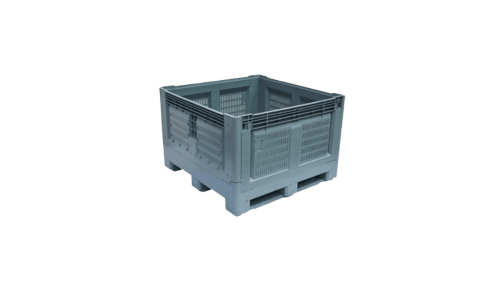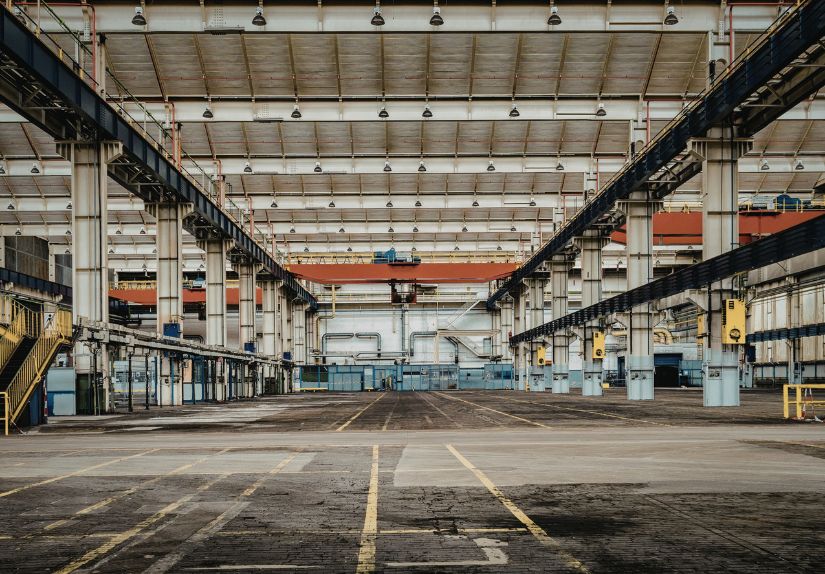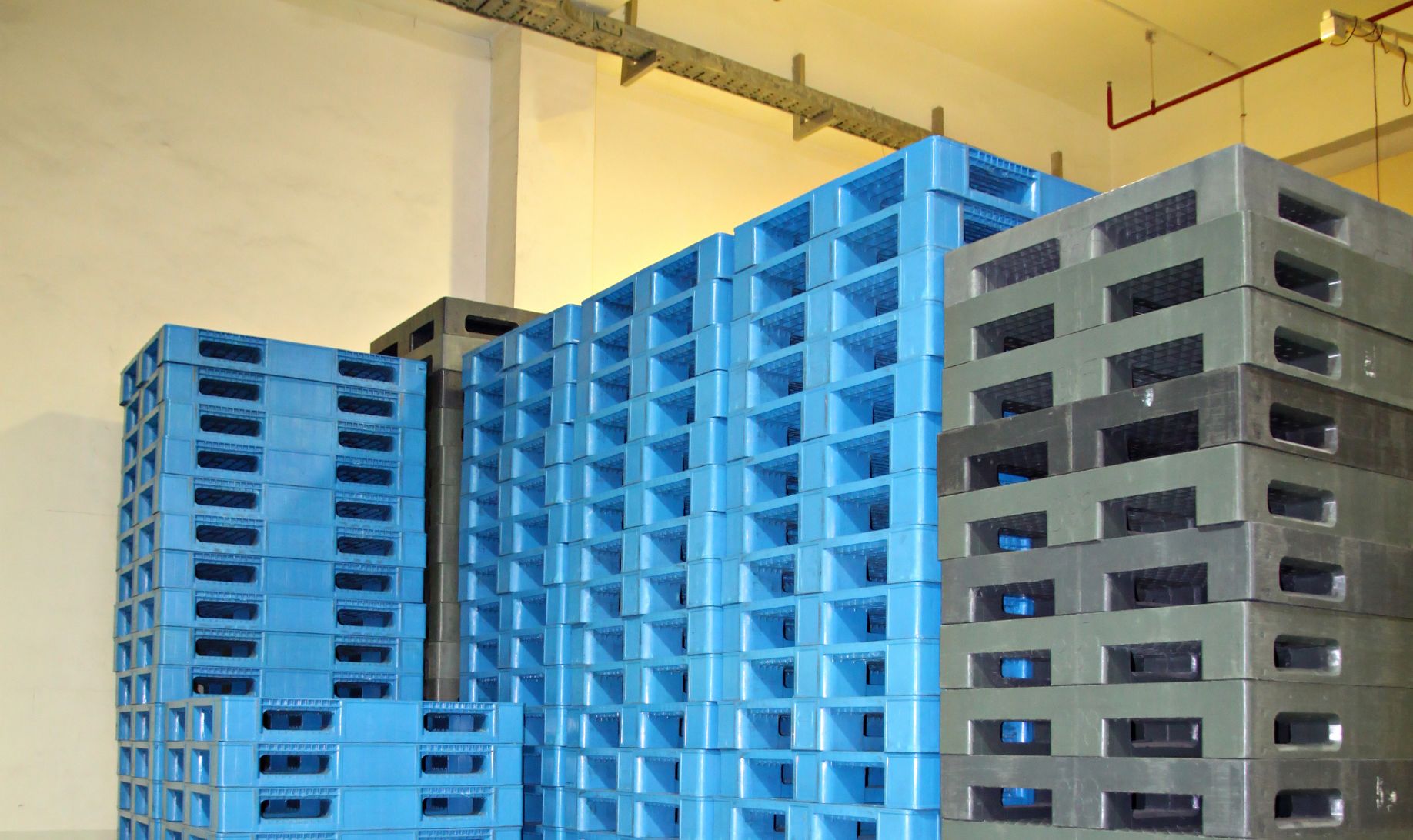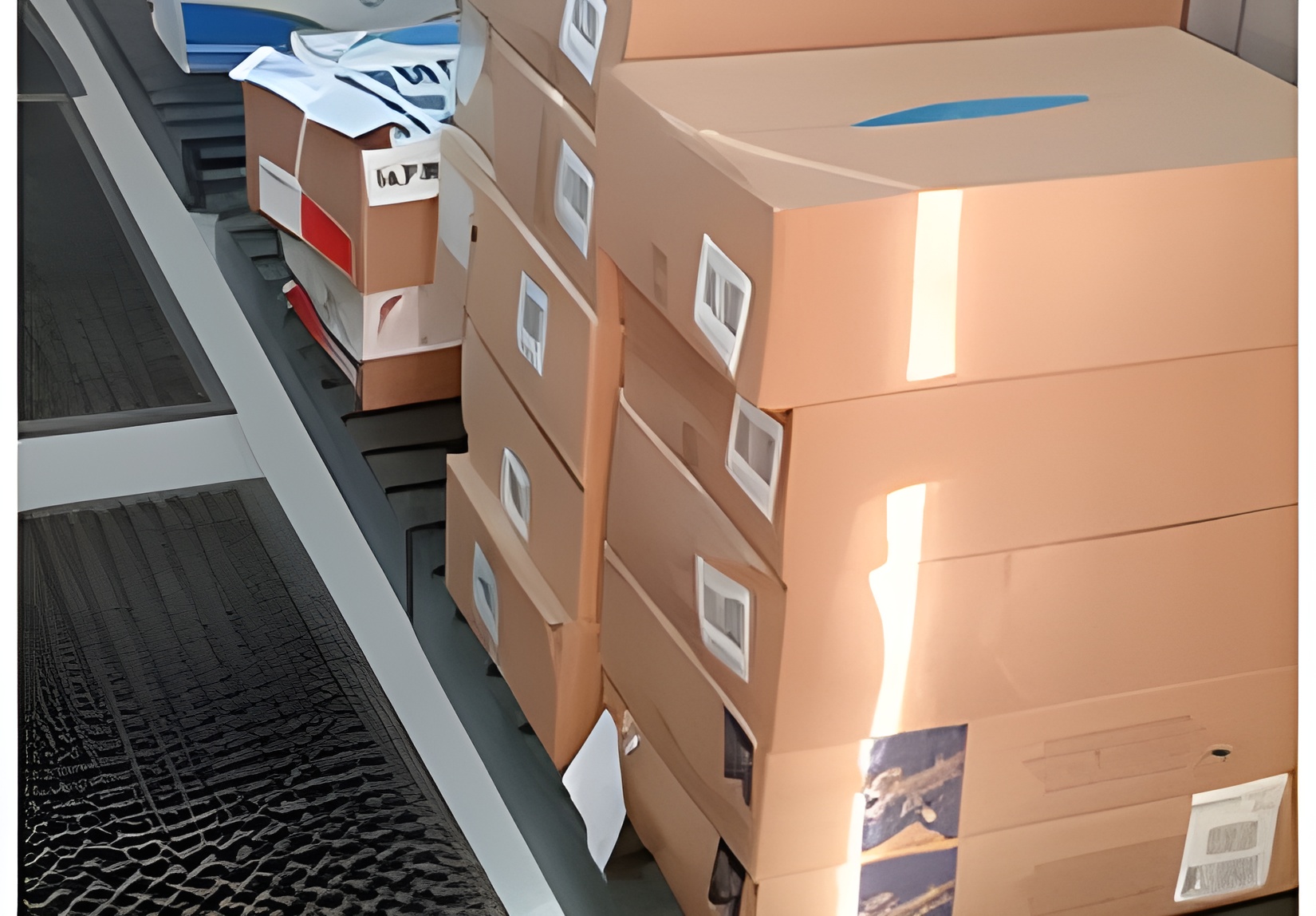The Department of Agriculture, Fisheries and Forestry has announced that version 3.0 of the Methyl Bromide fumigation methodology is now in force. Alongside this, approved arrangement class conditions have been updated, reflecting a stronger push for biosecurity compliance and safety from industry bodies.
For many importers and exporters, this update means changes to how goods and materials – particularly timber packaging – must be treated, translating to more time, cost, and risk. But for companies that have already made the switch to plastic pallets, the changes highlight their advantages further.
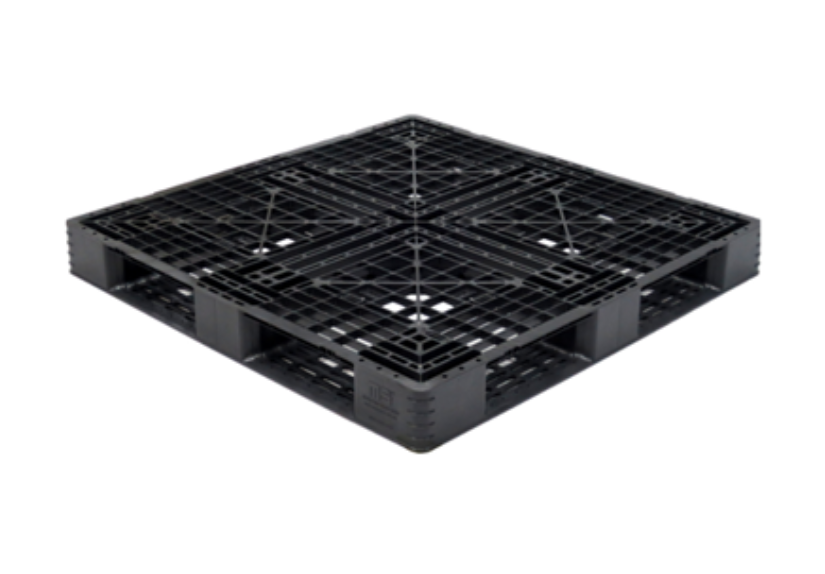

Why does the new methodology matter and how plastic pallets bypass it?
Methyl bromide fumigation is a long-standing requirement to control pests and contaminants in timber packaging. Timber can carry invasive species and pathogens, like termites and parasites, making them a high biosecurity risk.
With the implementation of version 3.0 methodology, stricter protocols apply. Businesses using timber must now meet tighter treatment conditions and documentation requirements. This can lead to more room for error and more delays.
Benefits of plastic pallets over timber pallets
Plastic pallets, on the other hand, do not require fumigation. As they are manufactured from non-porous, pest-resistant materials, they move through ports without the need for methyl bromide treatment. By using plastic pallets, businesses can avoid:
- Delays at ports due to fumigation or inspection
- Increased costs associated with treatment and additional handling
- Smoother documentation since no fumigation certificates are necessary
- Chemical exposure risks linked to use of methyl bromide
- Potential rejection of goods if fumigation requirements are not met
Instead, plastic pallets move seamlessly through the supply chain, helping businesses maintain compliance under the newly imposed conditions while keeping logistics efficient.
Compliance and operations made easy with plastic pallets
The updated approved arrangement class conditions place more responsibility on importers and exporters to ensure their packaging complies with Australia’s biosecurity standards. For businesses relying on timber packaging, fumigation is now an unavoidable part of that process – adding an unpredictable variable.
But plastic pallets remove this uncertainty entirely. There is no need to worry about whether the treatment was done correctly, whether records are complete, or whether pallets meet the international ISPM-15 standards. Plastic pallets offer businesses a hassle-free path to compliance.
Operational efficiency benefits
Additionally, plastic pallets are more than a compliance shortcut – they are an operational efficiency tool. Their consistent dimensions, lightweight design, and hygienic surfaces make them easier to handle, clean, and reuse. Their non-porous, pest-resistant material makes them ideal for industries such as food, pharmaceuticals, and export manufacturing.
For businesses under pressure to keep their supply chains moving smoothly under the new fumigation methodology, plastic pallets offer themselves as a reliable and high-performance packaging alternative.
Cost savings with plastic pallets
One of the biggest advantages of using plastic pallets under the updated fumigation methodology is the direct cost savings they deliver. Timber packaging requires repeated fumigation to meet biosecurity requirements, and each treatment adds both expense and delay. Over the year, these costs can accumulate into a significant drain on a business’s logistics budget.
As plastic pallets are exempt from this change, businesses save immediately on treatment fees and associated documentation costs. Fewer delays at ports also mean reduced demurrage charges, lower handling costs, and less disruption to shipping schedules.
Future-proofing supply chains with plastic pallets
The introduction of the new version 3.0 of the methyl bromide fumigation methodology is another reminder that biosecurity regulations will only become stricter in the years ahead.
Long-term compliance advantage
Switching to plastic pallets provides a built-in safeguard against rising costs and risks that are associated with timber packaging. Regardless of how Australia’s biosecurity standards evolve, plastic pallets will always remain compliant and reliable for domestic and international supply chains.
By investing in plastic pallets now, businesses can protect themselves against future disruptions relating to timber packaging and their treatments.
In short, plastic pallets do not just solve today’s fumigation challenges – they provide a future-proof logistics solution that allows businesses to focus on growth, not regulatory hurdles.
Take the next step with Eco Pallets
Are you ready to reduce fumigation costs, eliminate delays, and future-proof your supply chain?
Discover our range of export pallets and how Eco Pallets can help your supply chain operate efficiently.
Get in touch with our team to check availability of our range of export pallets for your logistic needs


